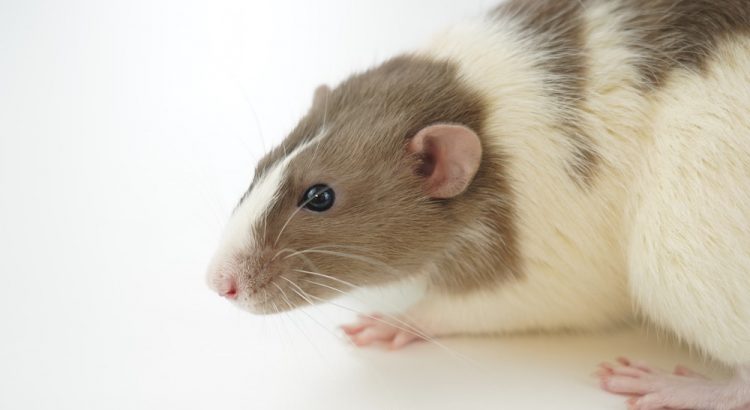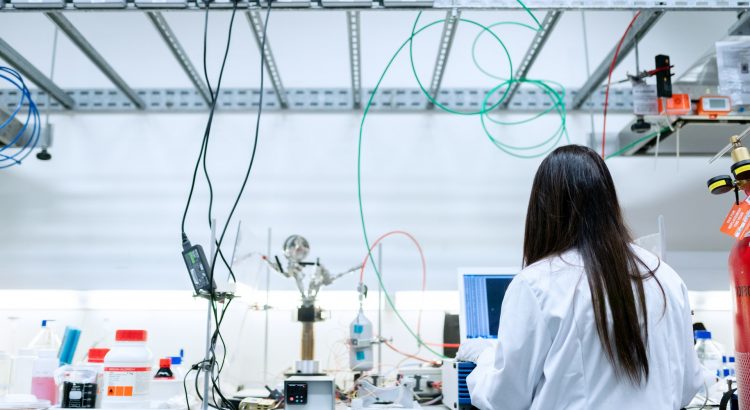Podcast: Play in new window | Download
Subscribe: Spotify | Email | TuneIn | RSS
This week, we’re opening the mailbag once again to answer YOUR burning questions!
Read More
Podcast: Play in new window | Download
Subscribe: Spotify | Email | TuneIn | RSS
The scientific poster is an academic oddity. Where else do thousands of people gather around hundreds of large-format printouts to talk about esoteric subjects!?
Posters might be the most common form of scientific communication on the planet. In your career, you will probably present more posters than talks or journal articles. And nearly anyone can create a poster – from an undergraduate on a summer rotation to a tenured professor.
So it’s a good idea to hone your skills at creating and presenting scientific posters – you’ll have lots of opportunities to practice!
Read More
Podcast: Play in new window | Download
Subscribe: Spotify | Email | TuneIn | RSS
It’s no secret that biomedical research relies heavily on animal models. Our mammalian cousins share so many common genes and pathways that we can often make breakthrough advances in human medicine through the use of animal proxies.
But animal research is neither easy nor fun. Experiments are expensive, time consuming, and it’s often dirty, smelly work. Many scientists balk at the ethical implications of making animals suffer for human health, and no matter your views, the work imposes a psychic cost.
This week we hear from a PhD student who needs to choose a lab, and it seem like her options include animal work, or finding another field of research entirely.
Read More
Podcast: Play in new window | Download
Subscribe: Spotify | Email | TuneIn | RSS
The day-to-day reality of many graduate programs is that you’ll spend most of your time doing research.
Even if you don’t end up working in a lab or doing experiments forever in your career (and most people don’t!), being able complete experiments is going to help you efficiently progress through your program and eventually GRADUATE. And isn’t that what we all want?
This week, we cover some common pitfalls that suck your time and erode your confidence. We’ve got advice for avoiding those traps and making the most of your time in the lab. Yes, it’s about getting stuff done. But it’s also about getting the RIGHT stuff done in the right way.
Read More